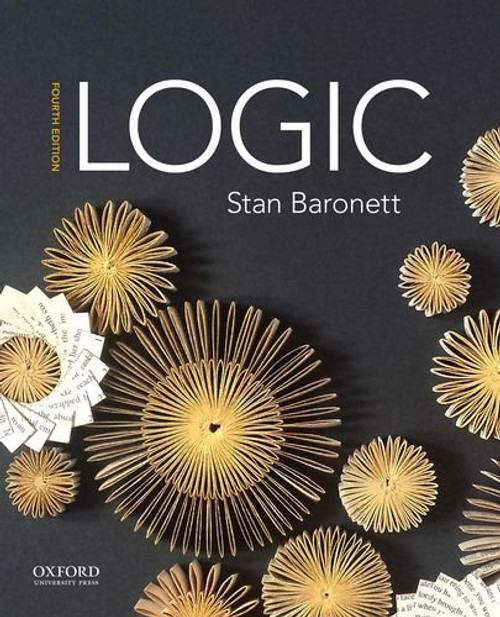Congress regularly enacts laws that benefit particular groups or localities while imposing costs on everyone else. Sometimes, however, Congress breaks free of such parochial concerns and enacts bills that serve the general public, not just special interest groups. In this important and original book, R. Douglas Arnold offers a theory that explains not only why special interests frequently triumph but also why the general public sometimes wins. By showing how legislative leaders build coalitions for both types of programs, he illuminates recent legislative decisions in such areas as economic, tax, and energy policy.
Arnold's theory of policy making rests on a reinterpretation of the relationship between legislators' actions and their constituents' policy preferences. Most scholars explore the impact that citizens' existing policy preferences have on legislators' decisions. They ignore citizens who have no opinions because they assume that uninformed citizens cannot possibly affect legislators' choices. Arnold examines the influence of citizens' potential preferences, however, and argues that legislators also respond to these preferences in order to avoid future electoral problems. He shows how legislators estimate the political consequences of their voting decisions, taking into account both the existing preferences of attentive citizens and the potential preferences of inattentive citizens. He then analyzes how coalition leaders manipulate the legislative situation in order to make it attractive for legislators to support a general interest bill.










